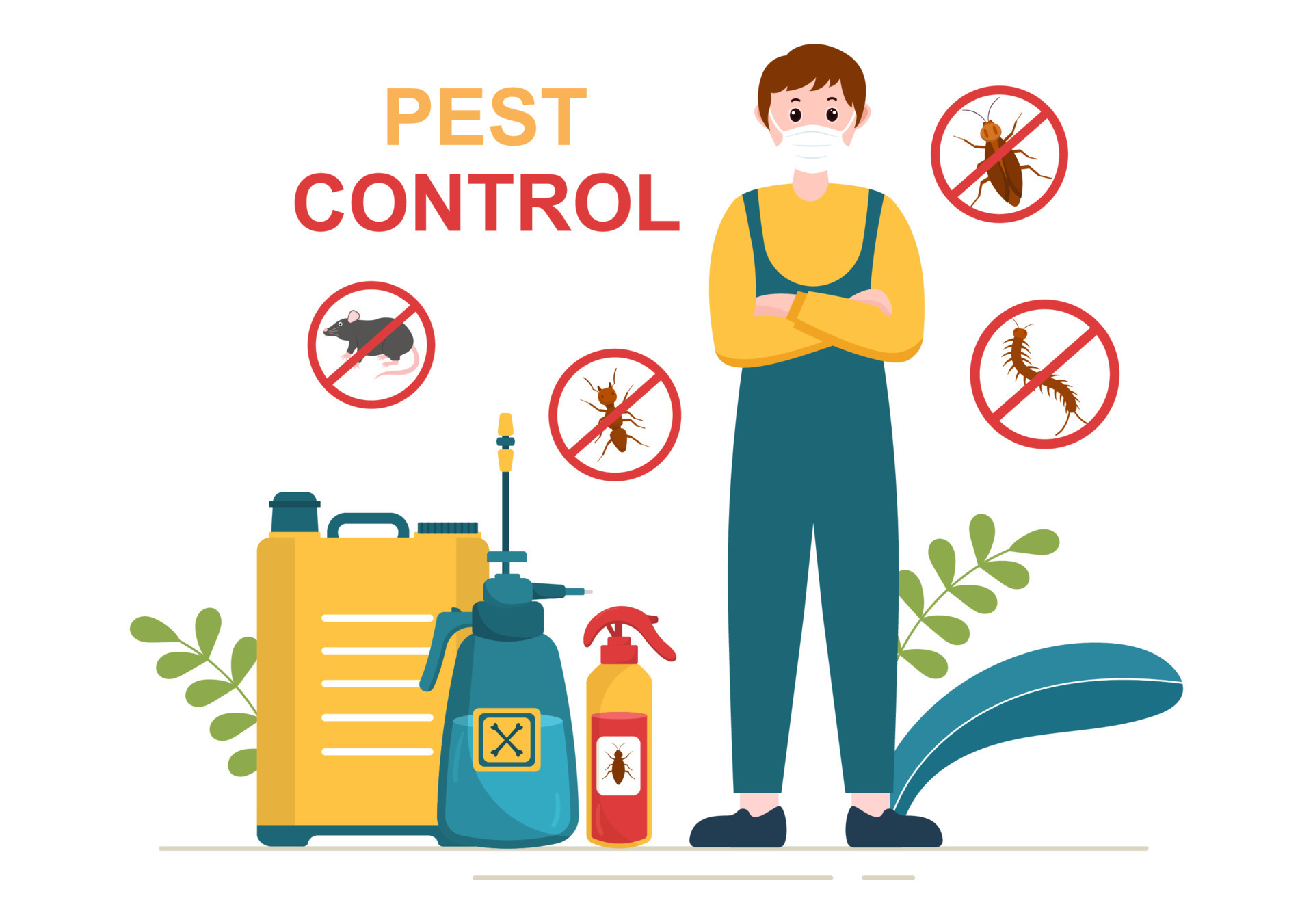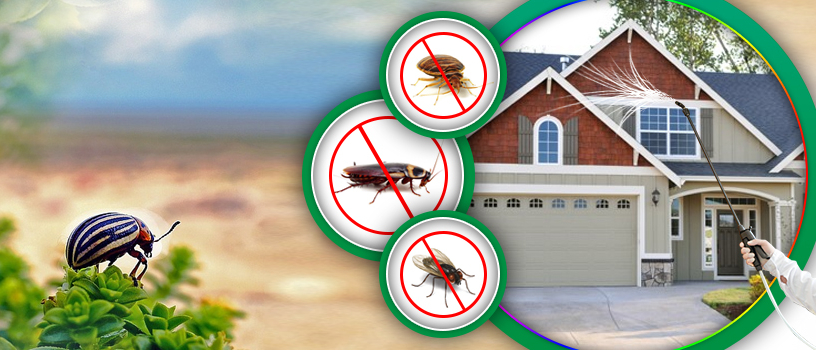Pest Control Auckland Professionals: Guard Your Home from Infestations
Pest Control Auckland Professionals: Guard Your Home from Infestations
Blog Article
Comprehending Different Types of Insect Control Methods and Their Effectiveness
When taking into consideration insect control approaches, it is vital to understand the varied approaches offered and their varying levels of effectiveness. By discovering the nuances of these bug control techniques, a thorough understanding of how to resolve insect concerns can be developed.
Chemical Bug Control Approaches
Chemical bug control approaches play a pivotal role in properly managing and getting rid of pest infestations in different settings. These methods include using chemical substances to get rid of or hinder pests such as weeds, pests, and rodents. Among the key advantages of chemical insect control is its ability to offer fast and targeted remedies to pest issues. By utilizing details chemicals that are developed to target specific parasites, this technique can assist prevent damages to plants, frameworks, and human health and wellness.
Nonetheless, it is necessary to take into consideration the possible dangers and downsides connected with chemical insect control techniques. Overreliance on chemicals can result in the development of pesticide resistance in pests, making them tougher to regulate over time. Additionally, using specific chemicals can have harmful effects on non-target organisms, the environment, and human health if not used properly.

Biological Bug Control Methods
Making use of natural killers and virus to handle parasite populaces properly, biological insect control approaches supply a environmentally friendly and lasting strategy to pest management. By presenting or advertising the task of microorganisms that normally victimize or infect bugs, such as ladybugs for aphid control or particular bacteria for caterpillar invasions, biological control can aid preserve parasite populations at workable degrees without the need for synthetic chemicals. This approach is especially advantageous for chemical-free farming techniques, as it prevents the use of possibly dangerous substances while preserving crop health and wellness.

Physical Bug Control Techniques
While organic bug control methods concentrate on using all-natural killers and microorganisms, physical parasite control approaches make use of physical and mechanical barriers to manage bug populaces. These approaches are usually taken into consideration eco-friendly as they lessen the use of chemicals. Physical pest control includes techniques such as trapping, using barriers like you can look here displays or webs, and physically eliminating pests from the location.
Catches are typically made use of in physical insect control to capture and remove bugs like insects and rodents. An additional physical method is the use of obstacles such as screens, nets, or Homepage fences to protect against pests from getting in or infesting particular areas.
Natural Insect Control Techniques
Including plant-based repellents and natural predators is a crucial technique in implementing effective natural insect control techniques. By motivating the visibility of useful bugs like ladybugs, lacewings, or predacious termites, garden enthusiasts can naturally regulate pest populations. These predators feed on common yard parasites such as aphids, caterpillars, and termites, aiding to keep a balanced environment without the requirement for chemical treatments.

Furthermore, implementing social methods such as crop turning, friend planting, and maintaining correct plant wellness can likewise enhance the effectiveness of natural insect control methods. These strategies not only help in protecting against bug infestations yet likewise promote biodiversity and overall ecological community durability. By incorporating these natural approaches, individuals can effectively handle pests while lessening environmental influence.
Integrated Insect Monitoring (IPM) Technique
Executing an Integrated Parasite Administration (IPM) approach is necessary for efficiently regulating insect populaces while minimizing reliance on chemical pesticides. IPM is a sustainable and comprehensive strategy that incorporates different pest control techniques to attain long-term remedies. This strategy concentrates on prevention, tracking, and control to deal with parasite issues in an eco-friendly manner.
IPM integrates biological, social, physical, and mechanical strategies with the minimal and strategic usage of chemicals when needed. By stressing aggressive measures such as environment modification, biological control, and exclusion, IPM aims to reduce insect populations and their effect on the environment. Normal surveillance is important in IPM to examine bug degrees precisely and figure out one of the most proper control approaches.
Among the look what i found vital benefits of IPM is its capability to lessen the threats related to extreme chemical usage, such as ecological contamination and injury to non-target organisms. Additionally, IPM promotes a more holistic approach to pest management by considering the overall community characteristics. On the whole, the IPM technique uses a efficient and lasting option for parasite control while advertising ecological obligation.
Final Thought
Finally, comprehending the different kinds of pest control approaches and their efficiency is essential in properly handling parasite infestations. Chemical, organic, physical, and natural pest control methods each have their own advantages and constraints. Integrated Pest Management (IPM) strategy, which integrates various approaches for sustainable parasite control, is progressively being identified as a alternative and eco-friendly service. By making use of a combination of these companies, approaches and individuals can efficiently regulate pests while lessening harm to the setting.
Chemical bug control approaches play a pivotal function in successfully managing and removing pest infestations in various atmospheres.Making use of natural predators and virus to manage bug populaces successfully, biological bug control techniques use a green and lasting strategy to pest monitoring. By introducing or promoting the activity of organisms that naturally prey on or contaminate parasites, such as ladybugs for aphid control or particular microorganisms for caterpillar problems, organic control can assist maintain pest populaces at convenient levels without the need for synthetic chemicals.While organic parasite control approaches concentrate on taking advantage of all-natural predators and pathogens, physical pest control methods utilize mechanical and physical barriers to manage insect populaces. Integrated Insect Management (IPM) method, which incorporates different approaches for lasting pest control, is progressively being identified as a ecologically pleasant and holistic service.
Report this page